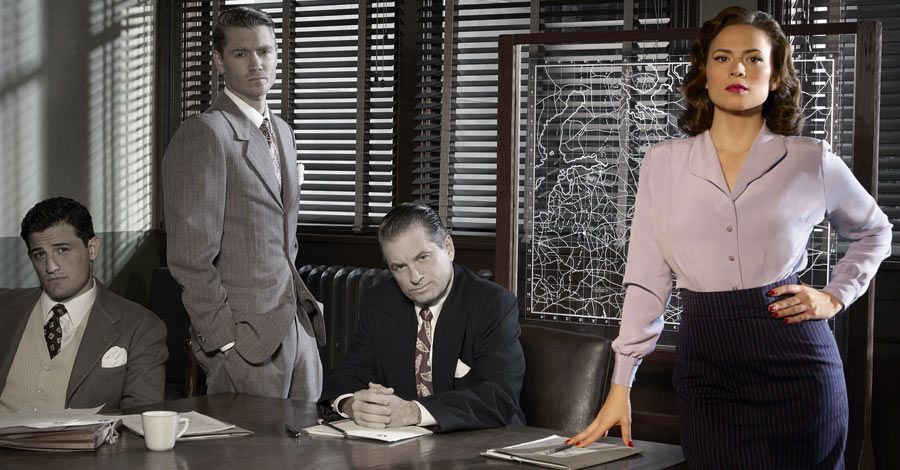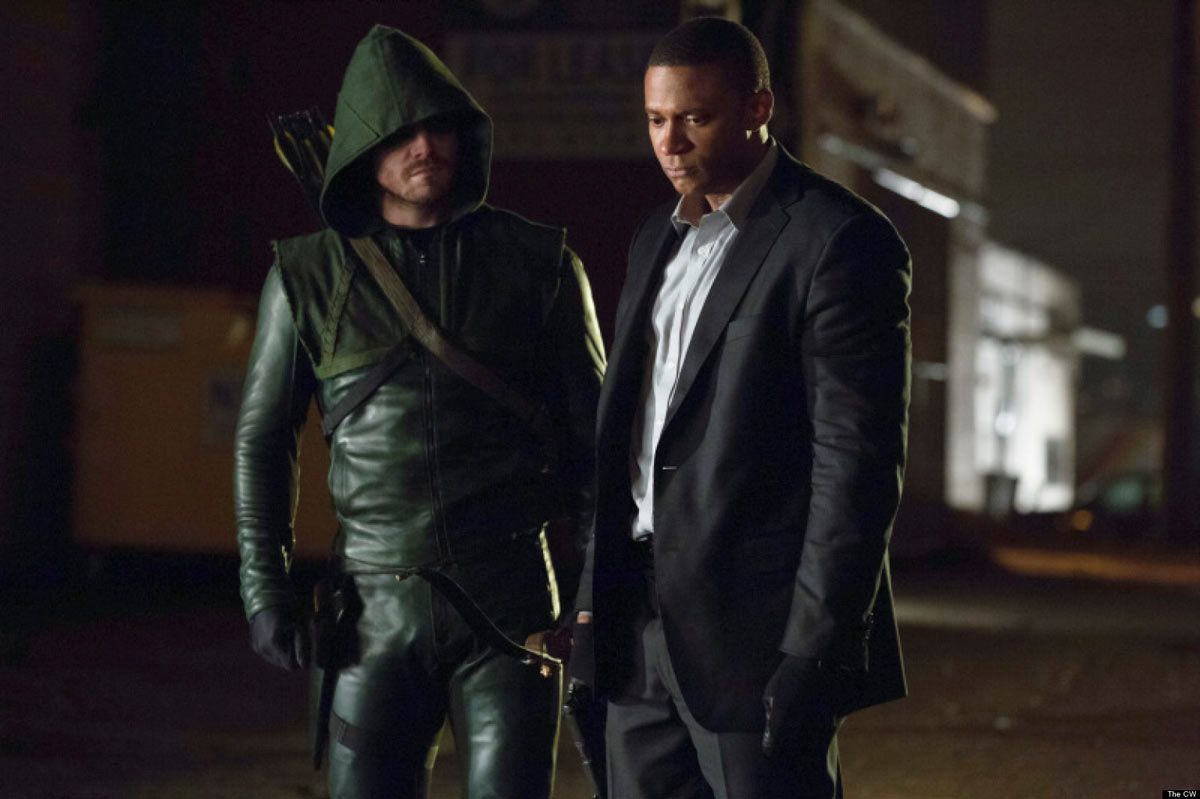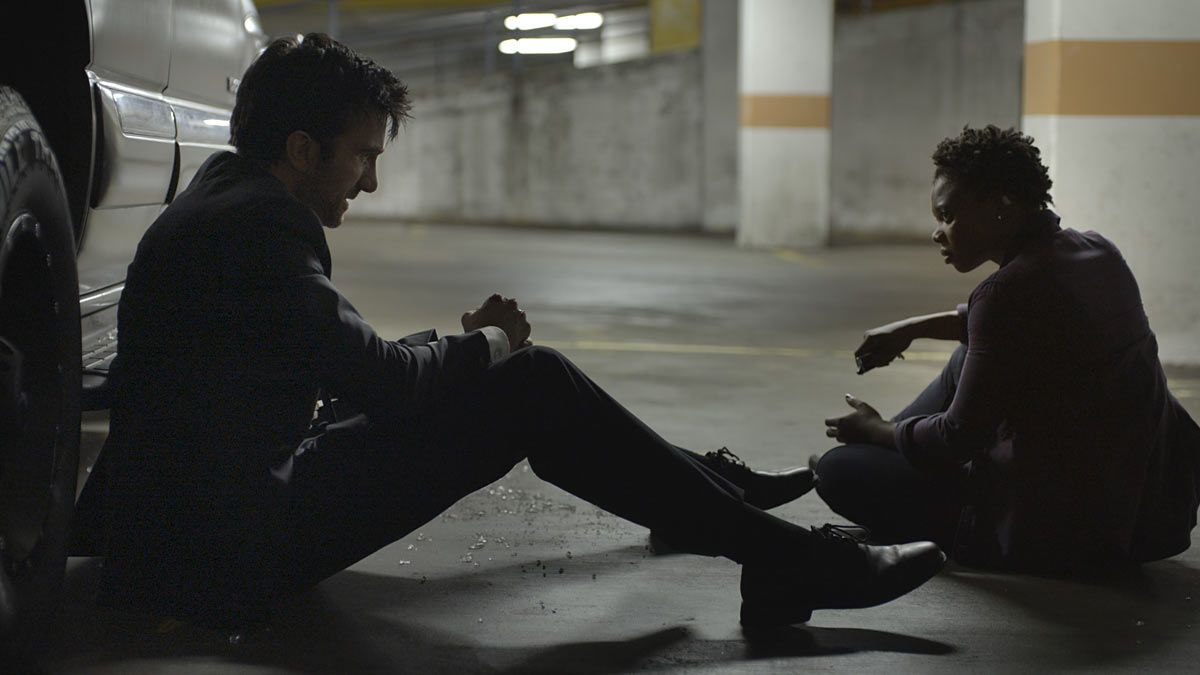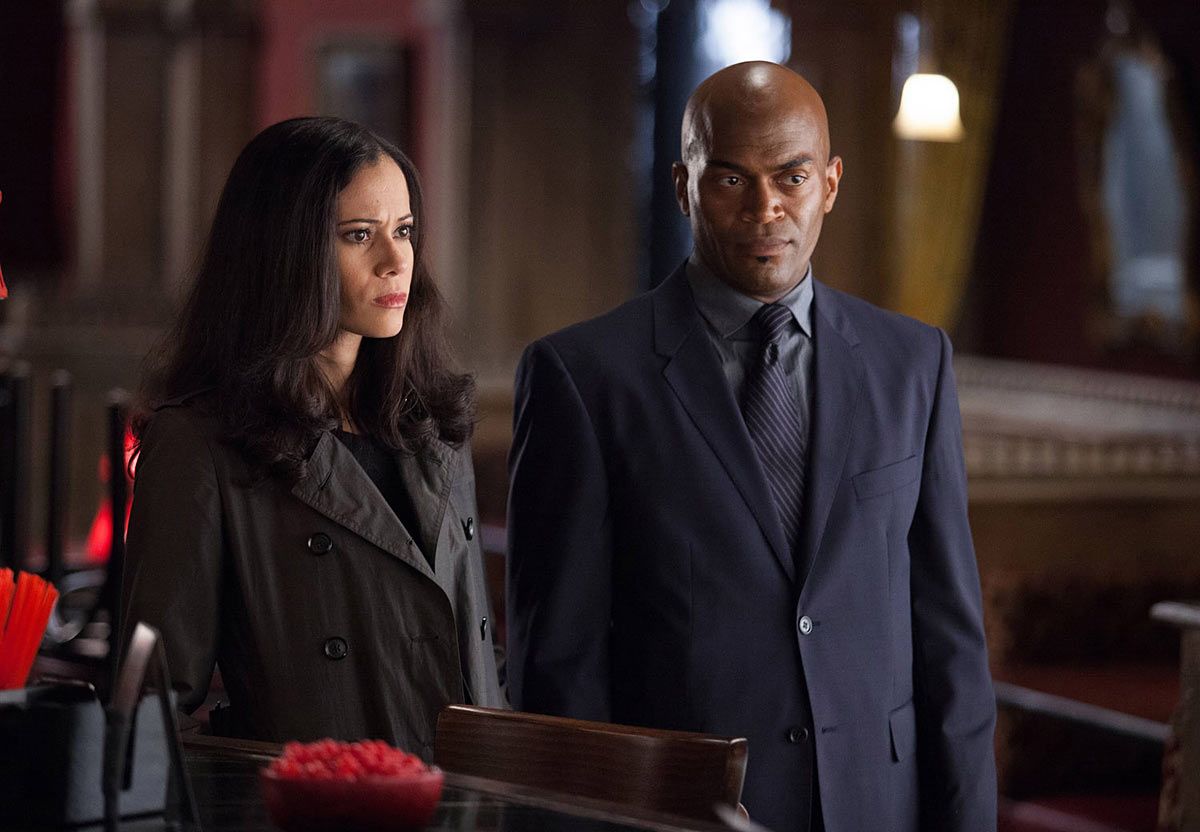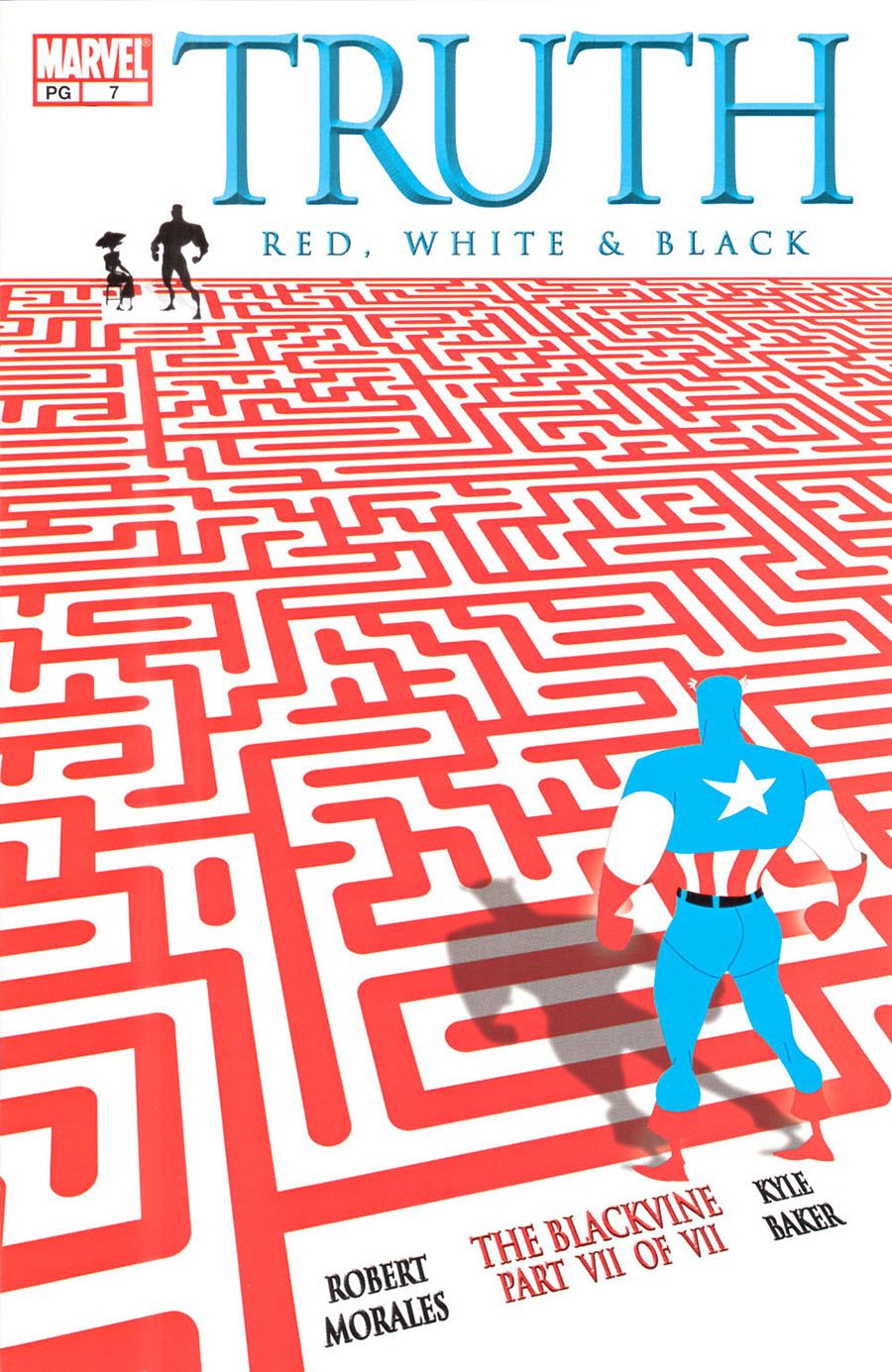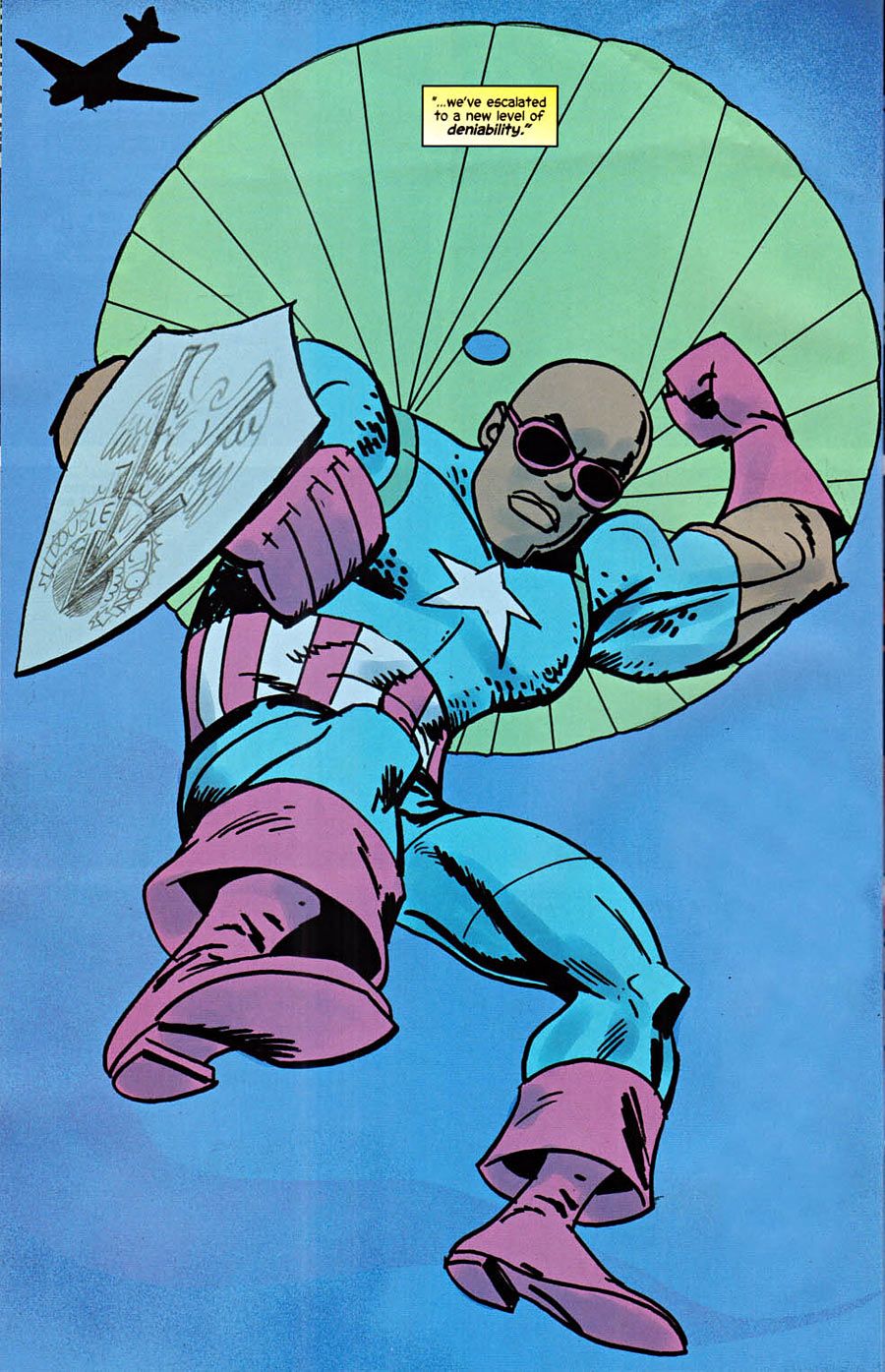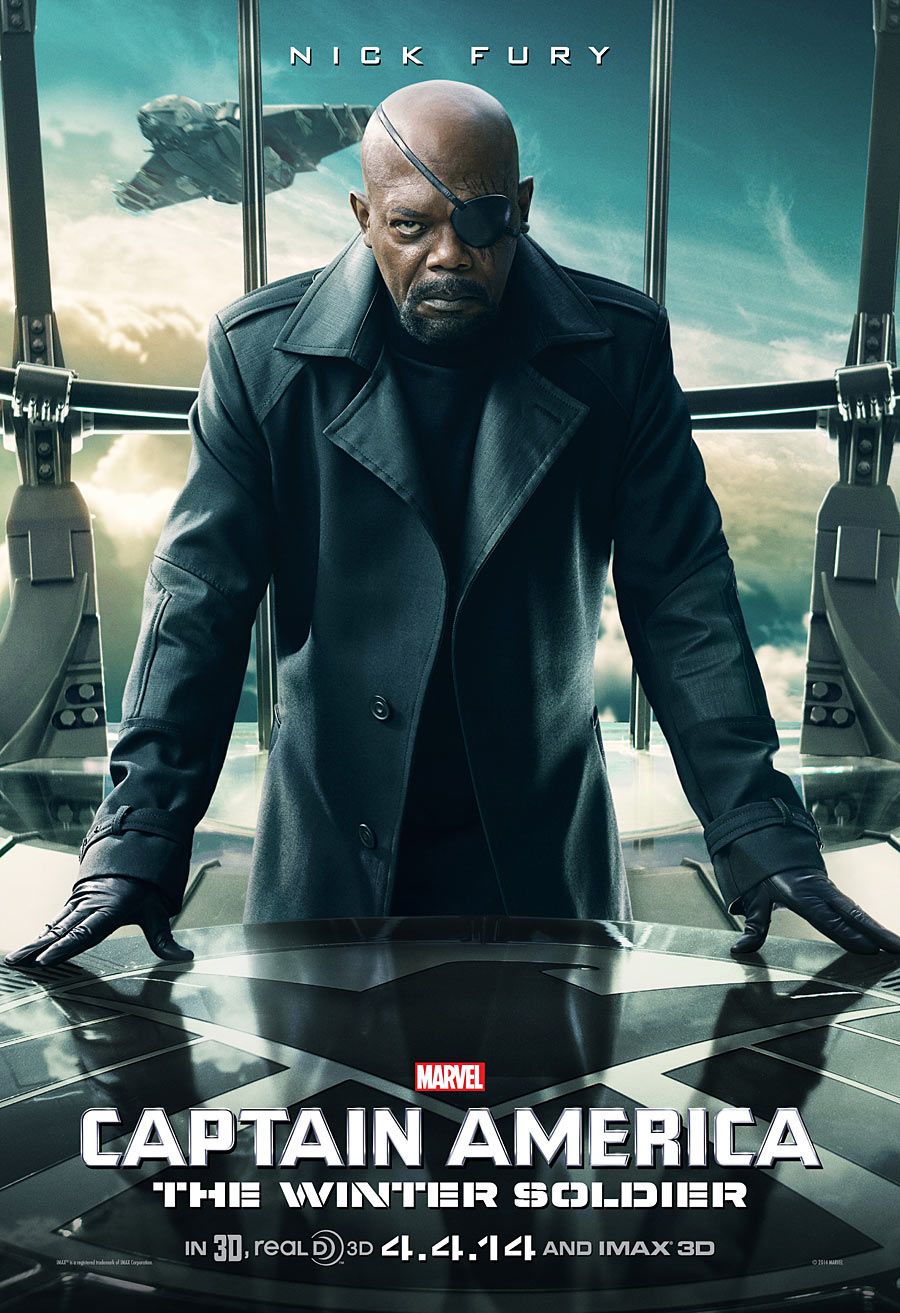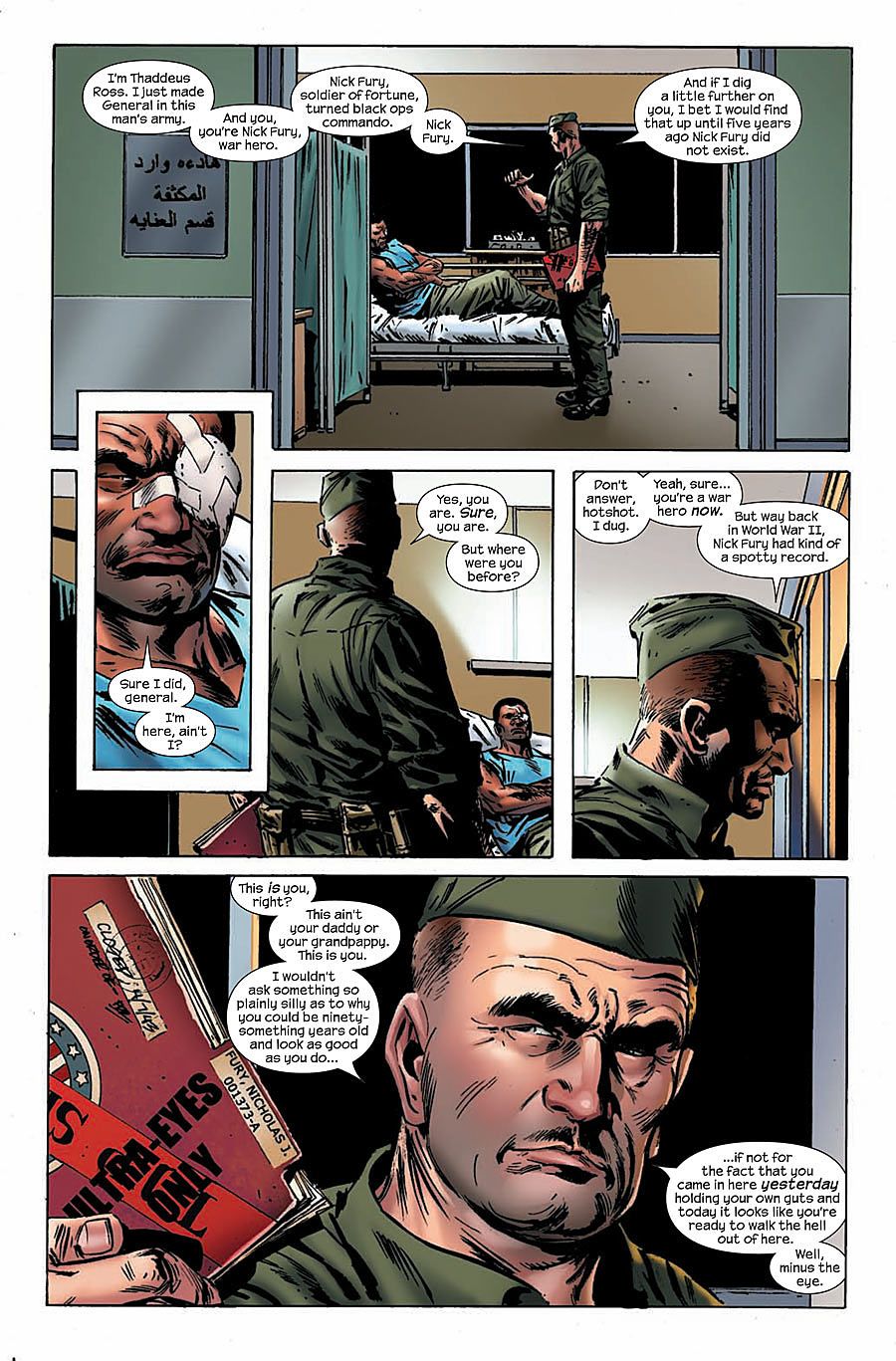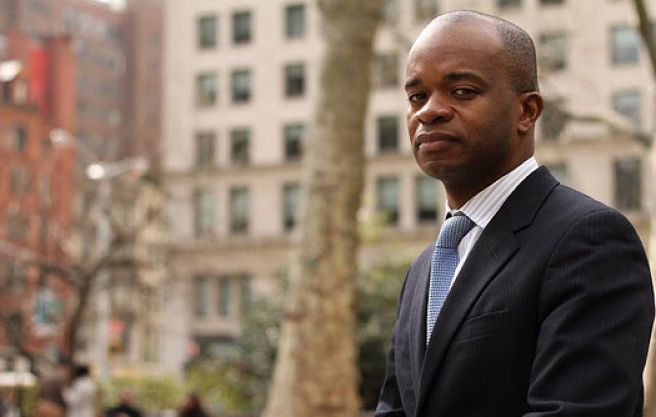On May 7, ABC announced the renewal of Marvel's' "Agent Carter" for a second season.
Starring actress Hayley Atwell, the show takes place during the second World War, and follows the events after Steve Rogers' apparent demise at the end of Marvel Studios' "Captain America: The First Avenger."
ABC Renews Marvel's "Agents of SHIELD," "Agent Carter"
In a recent column, I discussed how "Agent Carter" made good use of the time period the show depicts to explore the role of women in America, various ways in which they were marginalized, and how the micro-arc of Peggy Carter's navigation through the minefield of overt gender discrimination helped make the show more than just an adventure story.
However, while "Agent Carter" succeeds on that front, it clearly has more work to do on another, which is the historical accuracy involving the presence of people of color. The show's all-White cast speaks to this point.
Last weekend, one of the more visible hashtags on my Twitter feed was #DiversifyAgentCarter, and in the best use of the Twitter format, various posters showed images proving the presence of Asian, Latino, Black people, and persons from other ethnic groups in real life and popular fiction during and on the periphery of World War II.
The hashtag acted as a focal point for an accelerated history lesson on the cultural and ethnic variety of people within various sectors of employment, including the medical industry and the military.
For all we know, the people behind "Agent Carter" have plans to expand the fictional landscape of the series in this way. If they did, it would make the show more comparable with other successful comic book universe-derived shows on the air today.
The WB network's "Arrow," recently renewed for a fourth season, has really been the leader in terms of casting diversity, not only from choices of existing characters such as Amanda Waller, but from new characters created for the series, such as John Diggle, played by actor David Ramsey.
The Playstation Network series "Powers," based on the concept created by Brian Michael Bendis and Michael Avon Oeming which spawned a series of graphic novels, has just been renewed for a second season and stars actress Susan Heyward as detective Deena Pilgrim.
"Gotham," the FOX series based on the mythology of DC Comics' Batman that will also be returning in the fall, came out of the gate starring four characters of color portrayed by Jada Pinkett-Smith, Andrew Stewart-Jones, Victoria Cartagena and Zabryna Guevara.
Clearly, despite the fact that various parties consider "racebending" and ethnic diversity in casting as caving in, or pandering, to the vocal progressives, it's apparent that ratings are not adversely affected. The people in positions of power are not shying away from the need for, and marketability of, diverse casting.
Not counting "Agent Carter," the Marvel Cinematic Universe has grown to become a more diverse landscape, as proven by the inclusion of characters of color in the "Iron Man" and "Captain America" films, and the culmination of this in the team lineup at the end of "Avengers: Age of Ultron."
One of Marvel's most popular Black characters, Luke Cage, will appear as a supporting character in the Marvel Studios/Netflix series "A.K.A. Jessica Jones" before appearing in the following series, "Luke Cage," with the character played by Mike Colter. Luke Cage will be a main player in "The Defenders," the team series from Marvel Studios/Netflix which parallels "The Avengers" in terms of establishing characters on paths which converge in a marketing and storytelling extravaganza.
Since diversity is within the DNA of the Marvel Studios machine, it won't be a far stretch for "Agent Carter" to reflect this in the second season.
With that, I have a suggestion of my own on how to include some characters of color while dovetailing with the Marvel Comics mythologies that support the films and television shows.
In 2003, Marvel Comics published "Truth: Red, White, and Black," revealing the controversial story of the first Captain America being a Black man named Isaiah Bradley, not Steve Rogers, the popular Captain America of film.
Using the Tuskegee Experiments of the mid-20th Century in which Black men were experimented on under the guise of medical care and denied treatment for the disease they contracted, author Robert Morales and illustrator Kyle Baker reexamined "Project: Super Solder." Realizing that the United States government would use Black men as guinea pigs before experimenting on All-American boy Steve Rogers, the main creators behind "Truth: Red, White, and Black" crafted a story that used a comic book character to contribute to a larger narrative on the military industrial complex, the Black American male of the 20th Century, and how insidiously racial prejudice was intertwined with medical advancement.
Seeing as how the legend of Captain America is the foundation for the "Agent Carter" series, it would be interesting if Peggy Carter became aware of the secrets behind "Project: Super Soldier," and Isaiah Bradley was introduced in the show.
Additionally, as many Marvel comic book fans know, the Marvel Cinematic Universe is a fusion of elements from Marvel's primary comic book universe and their "Ultimate Comics" universe. In fact, the version of Nick Fury appearing in the Marvel Studios films and played by Samuel L. Jackson originated from the Ultimate Universe and a monthly series called, funny enough, "The Ultimates."
A miniseries set in this universe called "Ultimate Origins" revealed that before Steven Rogers was experimented on to become Captain America, a certain Black man was subjected to the same experiment.
Nick Fury.
We don't know how old Samuel L. Jackson's Nick Fury is, and we do know the Super Soldier experiment enhances certain genetic capabilities, like cellular resistance to deterioration.
Just as Marvel Studios combined mythologies from two Marvel comic book universes to create a brilliantly-constructed cinematic universe, they could use elements from "Truth: Red, White, and Black" and "Ultimate Origins" to establish the role of the Black man in "Project: Super Soldier."
It would be in perfect accordance with their approach to worldbuilding thus far, and act as part of a collective act to reflect a more diverse world for "Agent Carter."
As a fan of "Agent Carter" and admirer of its contribution to the positive representation of women in popular entertainment, I would love to see it take the next step.
I'm not the only one.
Will Marvel Studios diversify "Agent Carter?"
We're going to find out.
And my suggestions, well, I'll just consider those a freebie.
Call it my charitable contribution.
Joseph Phillip Illidge is a public speaker on the subjects of race, comics, and the corporate politics of diversity. In addition to his coverage by the BBC and Publishers Weekly, Joseph has been a speaker at John Jay College of Criminal Justice, Digital Book World's forum, Digitize Your Career: Marketing and Editing 2.0, Skidmore College, Purdue University, on the panel "Diversity in Comics: Race, Ethnicity, Gender and Sexual Orientation in American Comic Books," and at the Soho Gallery for Digital Art in New York City.
Joseph is the Head Writer for Verge Entertainment, a production company co-founded with Shawn Martinbrough, artist for the graphic novel series "Thief of Thieves" by "The Walking Dead" creator Robert Kirkman, and video game developer Milo Stone. Verge has developed an extensive library of intellectual properties for live-action and animated television and film, video games, graphic novels, and web-based entertainment.
His graphic novel project, "The Ren," about the romance between a young musician from the South and a Harlem-born dancer in 1925, set against the backdrop of a crime war, will be published by First Second Books, a division of Macmillan.
Joseph's newest comic book project is the upcoming Scout Comics miniseries "Solarman," a revamp of a teenage superhero originally written by Stan Lee.

